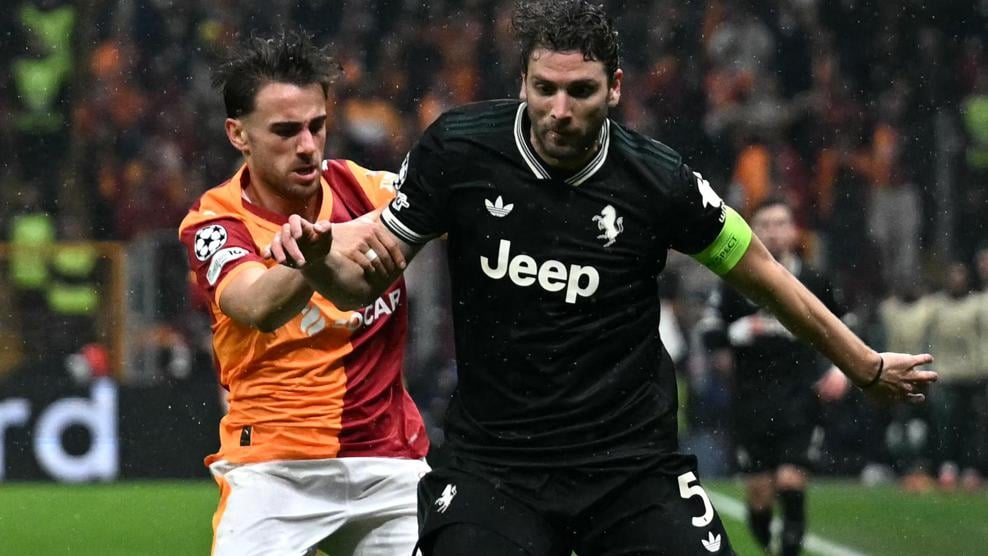The Pink Penalty- Is Football still homophobic?
In the turbulent, exciting and frenetic world of p

In the turbulent, exciting and frenetic world of professional football, it often seems that the only true things to cling to are the statistics. Who’s scored more goals, who has a better pass-completion rate, who’s sitting at the top of the table. Here are some such statistics: in 2006 a survey found that 57% of footballers think that football is homophobic (Pink News).
In 2007 a campaign was launched by The F.A and the Gay Footballers Supporters Network which brought in new regulations to all 92 Football League clubs banning homophobic abuse on the pitch and in the terraces. This year, over 50 teams from 6 continents are expected to make the journey to London for the International Gay and Lesbian Football Association World Championship in London (IGLFA WORLD CHAMPIONSHIP).
This year it is also 10 years since Justin Fashanu took his own life after becoming the first ever openly gay footballer; the event went all but unmarked by the footballing establishment whilst 2 fans have been banned from both Preston North End and Blackpool football grounds after being guilty of chanting homophobic slogans in March. With such a mixed picture, and with no openly gay managers or players in the Football League, the question of whether football is still locked in the closet needs to be addressed.
Let us be clear from the get-go, I am not wishing to start a witch-hunt which serves to ‘out’ players who wish to keep their private lives private. Rather, I am advocating a tolerant environment in which professional football players or managers would feel comfortable coming out, without fear of abuse, ridicule or, at the other end of the scale, martyrdom by the gay community itself. We don’t want a martyr, nor do we want to start outing players who don’t wish for it. What is needed, however, is a greater understanding and a greater acceptance of the LGBT community within football; only through integration will homophobia in football ever really be tackled.
There are, sadly, the famous incidents which stick in the mind. Robbie Fowler’s infamous bending-over in front of Grahame Le Saux, after directing homophobic abuse towards the player earlier in the same game. Allegations of the straight Le Saux’s sexuality began to emerge because he would read The Guardian, was well-spoken and had a higher level of intellectual accomplishment than was stereotypically assigned to Premiership footballers.
Then came the controversial incident in 2006 which saw a Manchester United player seeming to call a referee a “f*cking poof” during a European game after a booking was given. At the time, the decision of the F.A not to investigate the incident drew widespread criticism from the LGBT community, not least from Peter Tatchell who wrote a blog in reply on the excellent ‘Comment is Free’ section of the Guardian website. In it, Tatchell comments that “It is time anti-gay attitudes were also given the red card”, he called for a “public condemnation of homophobia by leading football stars” and also suggested that the “whole Manchester United team” should “visit Manchester’s Gay Centre and Lesbian and Gay Foundation” in order to gain a “positive learning experience”. Here, Tatchell may well have hit the real winning point - the last-minute injury time scrambling of the ball across the line - education: education which could lead to tolerance and football finally being able to come out of the closet.
Whilst Tatchell’s specific suggestions have not been adopted, it would be unfair to say that no progress has been made. The previous football season saw the start of a nationwide ban on homophobic abuse in every football league club, a move which lead to the prior mentioned prosecution of two Preston North End fans as well as other enforcements of the new law. Charlton Athletic held a workshop for “interested volunteers” to “eradicate homophobic abuse from grounds” (Pinknews.co.uk), whilst Manchester City and AFC Bournemouth led the way in attempting to reach out to their local LGBT communities.
Such steps are to be applauded, and yet, as a new season begins, it seems a lot more is necessary. Justin is a new campaign which is aiming to “vindicate the memory of Justin Fashanu”, whose death, which happened a decade ago, has failed to be recognised this year by the footballing community. The aim of the Justin Campaign is to get the FA to observe Saturday 2nd May 2009 as Justin Fashanu Day (Pinknews.co.uk).
Such a cause is noble, just and correct. Yet it does seem some way off: Corny Litman, the President of FC St. Pauli commented in 2004 that the “social pressure would be unbearable” for any “professional player to come out”. He may well be correct, and a recent report from Europe has attempted to get to the root of the problem.
The report, written by Tanja Walther, quotes Almut Sulze, a European intellectual on this very issue, in commenting that “Football is a sphere of male culture...a game in which any display of “female” qualities will be considered a weakness”. It also comments that “the maleness of football is established by excluding women and gays... which results in sexism and homophobia”. Such comments appeared in 2005, and the progress that has since been made has already been documented.
Yet it cannot be denied that sexism and certainly homophobia still exist within the beautiful game. Women’s football continues to be a distant second in terms of prestige and money to men’s football whilst the World Cup being hosted in London this year on behalf of the Gay and Lesbian Football Association highlights ghettoisation rather than integration. Such inability to accept homosexuality is strange, comments Walther, coming from a sport which is so intensely homoerotic.
Male players and fans are regularly seen “kissing, embracing and comforting each other”. For a sport which is so intrinsically connected to the power, fragility and emotion of the male body, football and homophobia would seem to be an oxy-moronic concept. Sadly, 10 years on, the constant ghost of Justin Fashanu reminds us that it is not.
Written by Andrew McMillan







